Home>Garden Essentials>How Long Does It Take To Asparagus To Germinate
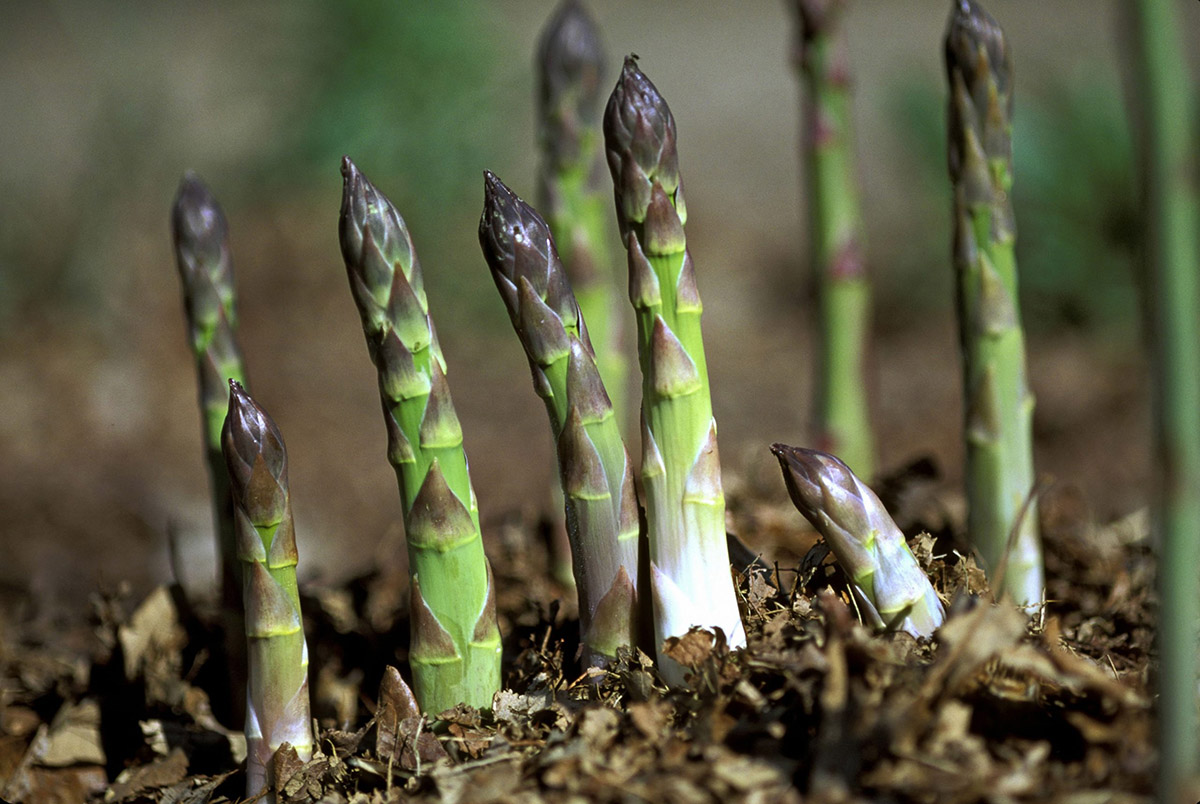

Garden Essentials
How Long Does It Take To Asparagus To Germinate
Modified: March 15, 2024
Learn how long it takes for asparagus seeds to germinate in your garden. Discover the ideal conditions for successful growth and harvest.
(Many of the links in this article redirect to a specific reviewed product. Your purchase of these products through affiliate links helps to generate commission for Storables.com, at no extra cost. Learn more)
Introduction
Welcome to the wonderful world of gardening! Whether you have just started your home garden or are looking to expand your green thumb, one plant you definitely don’t want to miss out on is asparagus. Famous for its delicious flavor and nutritional benefits, asparagus is a versatile vegetable that can be enjoyed in a variety of dishes.
But before you can start cooking up those delectable asparagus recipes, you need to understand the germination process. In this article, we will explore how long it takes for asparagus seeds to germinate and the factors that affect their germination. We will also provide you with tips on creating the ideal germination conditions and troubleshooting common germination issues.
So, let’s dive into the fascinating world of asparagus germination!
Key Takeaways:
- Asparagus seeds take about 2 to 3 weeks to germinate, but factors like temperature and moisture can affect the timing. Patience and optimal conditions are key to successful sprouting.
- To grow healthy asparagus, provide warmth, moisture, and light during germination. After sprouting, continue care with regular watering, weeding, and harvesting responsibly for bountiful spears.
Read more: How Long Does It Take For Mint To Germinate?
Factors Affecting Asparagus Germination
Asparagus germination can be influenced by various factors, and understanding these factors will help you ensure a successful germination process. Here are the key factors that can affect the germination of asparagus seeds:
- Seed Quality: The quality of the asparagus seeds plays a crucial role in germination. Opt for high-quality seeds from a reputable source to increase your chances of successful germination. Old or low-quality seeds may have lower germination rates.
- Temperature: Asparagus seeds prefer a specific temperature range for germination. The ideal soil temperature for asparagus germination is around 70-85°F (21-29°C). Lower temperatures can significantly slow down the germination process, while higher temperatures can sometimes inhibit germination or lead to weak seedlings.
- Moisture: Adequate moisture is vital for asparagus seeds to germinate. The soil should be consistently moist but not waterlogged. Too much moisture can cause the seeds to rot, while insufficient moisture can hinder germination. Regular watering is crucial, especially during the germination period.
- Soil Type: Asparagus thrives in well-draining soils rich in organic matter. The soil pH should be slightly acidic to neutral, between 6.0 and 7.0. Avoid heavy clay soils, as they can retain too much moisture and impede germination.
- Light: Asparagus seeds benefit from exposure to light during germination. It’s recommended to sow the seeds just below the soil surface, about 1/4 to 1/2 inch deep, to allow them access to light. If sown too deeply, the seeds may struggle to emerge.
- Weed Competition: Asparagus seeds are vulnerable to competition from weeds. Ensure that the planting area is clear of weeds before sowing the seeds. Regular weeding is necessary to prevent weed competition, which can hinder the germination and growth of your asparagus plants.
By taking these factors into consideration and providing the optimal conditions for asparagus germination, you can increase your chances of success and enjoy a bountiful asparagus harvest.
Germination Time for Asparagus Seeds
One of the most common questions gardeners have when it comes to asparagus germination is, “How long does it take for asparagus seeds to germinate?” Patience is key when it comes to germinating asparagus seeds, as they can take some time to sprout. On average, asparagus seeds take about 2 to 3 weeks to germinate.
However, it is important to note that the germination time of asparagus seeds can vary depending on various factors such as temperature, moisture, and seed quality. Warmer temperatures within the ideal range of 70-85°F (21-29°C) can speed up germination, while cooler temperatures can slow it down. Additionally, consistent moisture is crucial for prompt germination.
It is also important to remember that not all seeds will germinate at the same time. Asparagus seeds can have a staggered germination period, meaning some seeds may sprout earlier while others may take longer. This is a natural process and should not be a cause for concern.
While waiting for germination, it is essential to provide the optimal conditions for the seeds to sprout. Regularly monitor the moisture levels in the soil and ensure they stay consistently moist but not waterlogged. Keep the planting area weed-free to prevent competition for nutrients and space.
Once the asparagus seeds have germinated, you can expect to see tiny seedlings emerging from the soil. These seedlings will require ongoing care and attention to ensure their healthy growth into mature asparagus plants.
Remember, the germination time for asparagus seeds can vary, so don’t be discouraged if you don’t see immediate sprouting. Be patient, provide the ideal conditions, and soon enough, you’ll witness the magic of asparagus seeds coming to life.
Ideal Germination Conditions for Asparagus
Creating the ideal germination conditions for asparagus seeds is essential to ensure successful sprouting and the development of healthy seedlings. Here are the key factors to consider:
- Temperature: Asparagus seeds prefer a warm environment for germination. The ideal soil temperature range is between 70-85°F (21-29°C). To maintain a consistent temperature, consider germinating your asparagus seeds indoors or use a heating mat or propagator to provide the necessary warmth.
- Moisture: Adequate moisture is crucial for seed germination. Keep the soil consistently moist, but not saturated. A good rule of thumb is to water lightly whenever the top inch of soil feels dry. Avoid overwatering, as it can lead to seed rot and hinder germination.
- Light: Asparagus seeds benefit from exposure to light during germination. Plant the seeds just below the soil surface, about 1/4 to 1/2 inch deep, to allow them access to light. If sown too deeply, the seeds may struggle to emerge. If germinating indoors, ensure that the seed trays or pots are placed in a well-lit area or provide a light source such as fluorescent grow lights.
- Soil Type: Asparagus thrives in well-draining soils that are rich in organic matter. Prepare the planting bed by loosening the soil and incorporating compost or well-rotted manure. The pH level should be slightly acidic to neutral, ideally between 6.0 and 7.0.
Additionally, providing proper air circulation and protection from extreme weather conditions can contribute to the success of asparagus germination. Ensure that the germination area has good ventilation and is shielded from strong winds, heavy rain, or frost if growing outdoors. If germinating indoors, maintain a comfortable room temperature and avoid placing the seed trays near drafts or heat sources.
By creating these ideal germination conditions, you can significantly increase the chances of successful sprouting and the growth of strong and healthy asparagus seedlings.
Steps to Germinate Asparagus Seeds
Germinating asparagus seeds may seem daunting, but with the right steps and proper care, you can successfully grow your own batch of asparagus seedlings. Follow these steps to germinate asparagus seeds:
- Prepare the soil: Choose a well-draining soil with a slightly acidic to neutral pH level (around 6.0 to 7.0). Loosen the soil and remove any weeds or debris from the planting area.
- Sow the seeds: Plant the asparagus seeds about 1/4 to 1/2 inch deep in the prepared soil. Space the seeds about 2 inches apart to provide enough room for growth.
- Provide moisture: Keep the soil consistently moist throughout the germination process. Water lightly whenever the top inch of soil feels dry. Avoid overwatering, as excessive moisture can lead to rotting of the seeds.
- Ensure warmth: Asparagus seeds require warmth to germinate. Maintain a soil temperature range of 70-85°F (21-29°C) by placing the planting area in a sunny spot or using a heating mat or propagator.
- Expose to light: Asparagus seeds benefit from exposure to light during germination. Keep them just below the soil surface, ensuring they have access to light for sprouting. If germinating indoors, provide a light source such as fluorescent grow lights.
- Be patient: Asparagus seeds can take around 2 to 3 weeks to germinate. However, keep in mind that germination times can vary. Some seeds may sprout earlier while others may take longer. Be patient and maintain the optimal conditions.
- Transplant seedlings: Once the asparagus seedlings have emerged and developed a few sets of true leaves, you can transplant them into individual pots or into the garden bed. Choose a sunny location with well-draining soil for the best growth.
- Continue care: Provide ongoing care to the seedlings by watering regularly, keeping the soil evenly moist, and protecting them from harsh weather conditions. Weed the area regularly to prevent competition for nutrients and space.
Following these steps will help promote successful germination and the growth of strong and healthy asparagus seedlings. Remember to monitor the soil moisture, temperature, and light conditions to provide the optimal environment for germination.
Asparagus seeds can take 2-3 weeks to germinate. To speed up the process, soak the seeds in water for 24 hours before planting and keep the soil consistently moist.
Read more: How Long Does It Take Millet To Germinate
Troubleshooting Common Germination Issues
While germinating asparagus seeds can be a rewarding experience, it’s not uncommon to encounter a few challenges along the way. Here are some common germination issues and troubleshooting tips:
- Low germination rate: If you notice a low germination rate, it may be due to old or low-quality seeds. Start with fresh, high-quality seeds from a reputable source to maximize your chances of successful germination.
- Slow germination: Asparagus seeds can take 2 to 3 weeks to germinate, but if the process is particularly slow, it may indicate cool temperatures. Ensure that the soil stays within the ideal temperature range of 70-85°F (21-29°C) to promote speedier germination.
- Fungal diseases: Damp conditions can sometimes lead to fungal diseases such as damping-off, which can affect germinating seeds. To prevent this, ensure proper air circulation, avoid overwatering, and use sterile soil or seed-starting mix to minimize the chance of fungal infections.
- Poor seedling growth: If your seedlings appear weak and spindly, they may not be receiving enough light. Ensure that the seedlings receive adequate exposure to bright, indirect sunlight or use supplemental grow lights to provide the necessary light intensity.
- Seed rot: Excessive moisture or poor drainage can lead to seed rot. To prevent this, make sure the soil is well-draining and avoid overwatering. Allow the top inch of soil to dry between waterings.
- Weed competition: Weeds can compete with asparagus seedlings for nutrients and space, hindering their growth. Regularly weed the germination area to keep it clear of unwanted plants and reduce competition.
- Pest damage: Some pests, such as slugs and snails, may feed on young asparagus seedlings. Keep an eye out for pest activity and take appropriate measures to control them, such as setting up barriers or using organic pest control methods.
Remember that patience and attentive care are key to troubleshooting and resolving germination issues. By addressing these common problems, you can increase the likelihood of successful germination and enjoy a thriving asparagus crop.
Harvesting and Care Tips for Asparagus Plants
Congratulations! Your asparagus seedlings have grown into healthy plants, and now it’s time to reap the rewards. Here are some essential harvesting and care tips for asparagus plants:
Harvesting:
Asparagus takes time to establish and develop a healthy root system, so it’s important to resist the temptation to harvest during the first year. Instead, allow the asparagus plants to grow and develop foliage, which will support the establishment of strong roots.
In the second year, you can start harvesting a few spears, but be sure to leave the majority of the mature spears to grow into ferns. This will allow the plants to store energy in their roots for future growth. Harvest by cutting or snapping the spears at ground level when they reach about 6-8 inches in height. Use a sharp knife or your hands to gently snap off the spears.
During subsequent years, you can extend the harvest season to about 6-8 weeks. Continue to harvest spears until the diameter begins to thin out or reach pencil-thin size. Harvest spears regularly to encourage the growth of new spears and maximize productivity.
General Care:
Here are some care tips to keep your asparagus plants thriving:
- Watering: Asparagus plants require regular watering, especially during dry spells. Aim to provide approximately 1-1.5 inches of water per week, either through rainfall or supplemental irrigation.
- Feeding: Fertilize your asparagus plants in early spring before new growth appears. Use a balanced slow-release fertilizer or incorporate compost or well-rotted manure into the soil. Avoid overfeeding, as excessive nitrogen can promote fern growth over spear production.
- Weeding: Weed the area around the asparagus plants regularly to minimize weed competition for nutrients and space. Be careful when weeding, as asparagus plants have shallow root systems.
- Mulching: Apply a layer of organic mulch, such as straw or wood chips, around the plants. Mulching helps conserve moisture, prevent weeds, and regulate soil temperature.
- Pruning: After the first frost in late fall, cut back the ferns to ground level. This pruning helps prevent disease and allows the plants to go dormant and conserve energy during the winter months.
By following these harvesting and care tips, you can enjoy a bountiful asparagus harvest and maintain healthy plants for years to come. Asparagus is a perennial crop, so with proper care, your plants can continue to produce delicious spears for many seasons.
Read more: How Long Does It Take Turnips To Germinate
Conclusion
Congratulations! You have now gained a deeper understanding of the germination process of asparagus seeds and the factors that influence their success. By following the steps and tips outlined in this article, you are well-equipped to embark on your journey of growing asparagus in your garden.
Remember, patience is key during the germination process. Asparagus seeds can take around 2 to 3 weeks to sprout, and some seeds may germinate earlier than others. Providing the ideal germination conditions, such as maintaining the appropriate temperature and moisture levels, will help ensure successful sprouting.
After the germination stage, continue to care for your asparagus plants by providing regular watering, adequate sunlight, and protection from pests and diseases. Harvest the vegetables responsibly by allowing the plants to establish themselves in their first year and gradually increasing the harvest over subsequent years.
With proper care and attention, your asparagus plants will reward you with delicious, tender spears that can be enjoyed in a variety of culinary creations. Asparagus is a wonderful addition to any garden, bringing both beauty and nutrition to your plate.
So, get ready to savor the taste of homegrown asparagus and enjoy the satisfaction that comes with nurturing your own plants from germination to harvest. Happy gardening!
Frequently Asked Questions about How Long Does It Take To Asparagus To Germinate
Was this page helpful?
At Storables.com, we guarantee accurate and reliable information. Our content, validated by Expert Board Contributors, is crafted following stringent Editorial Policies. We're committed to providing you with well-researched, expert-backed insights for all your informational needs.

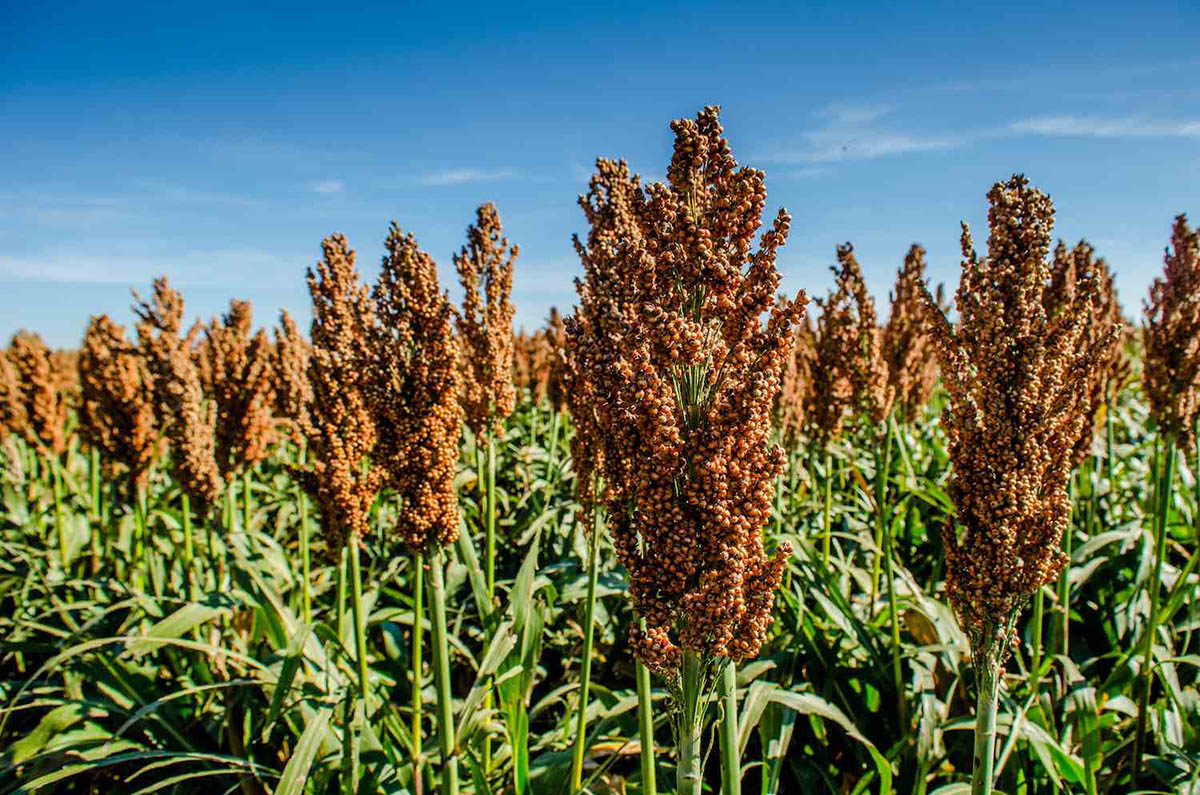
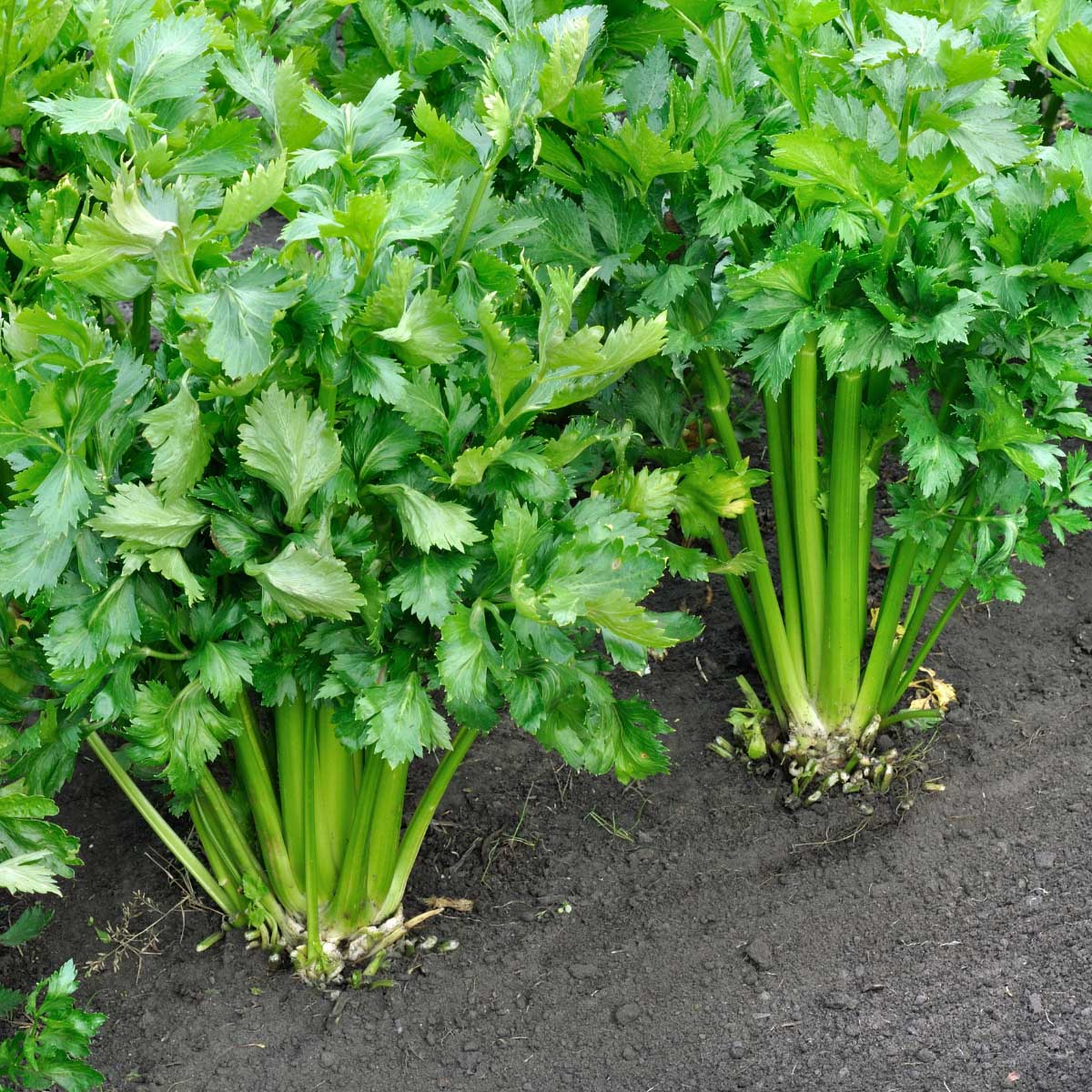

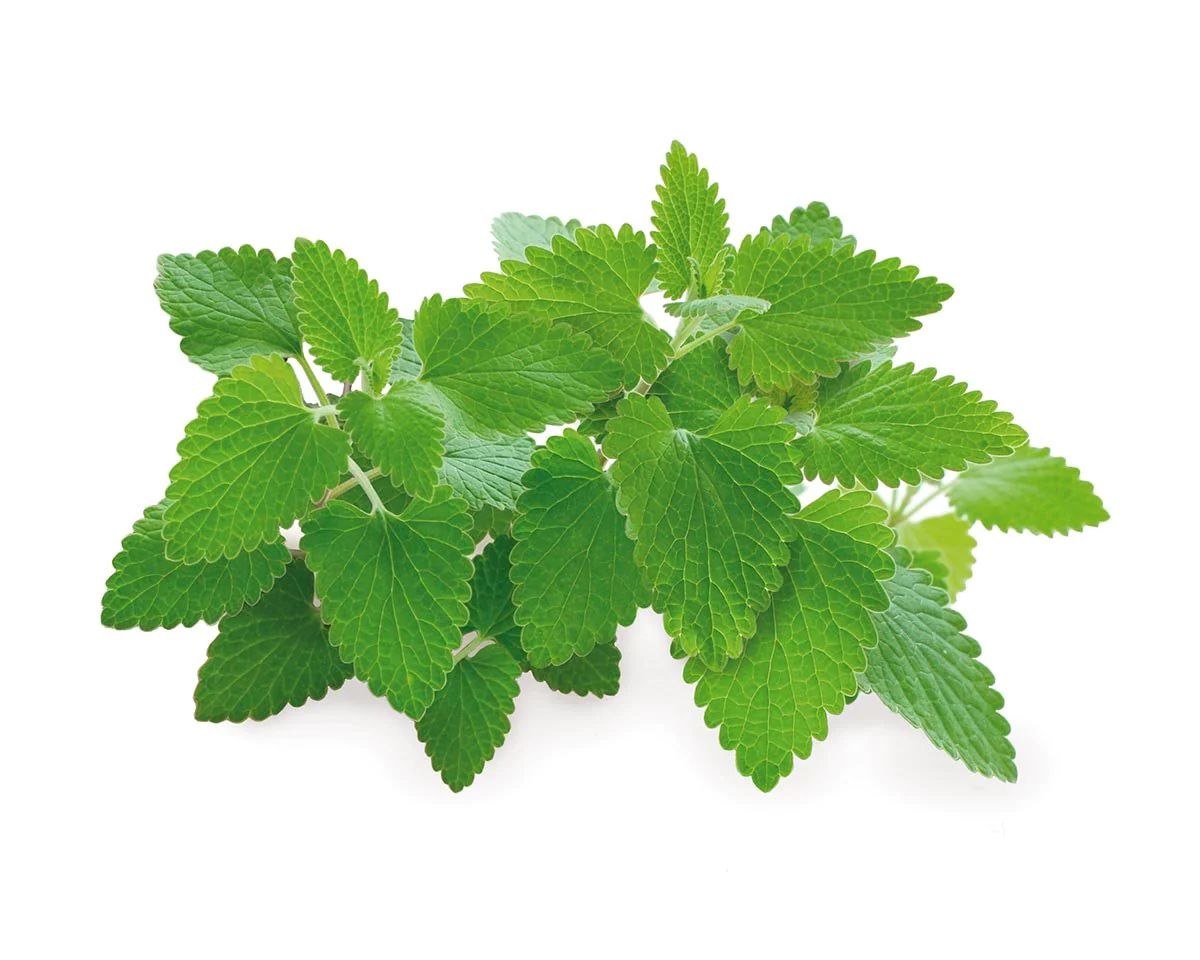
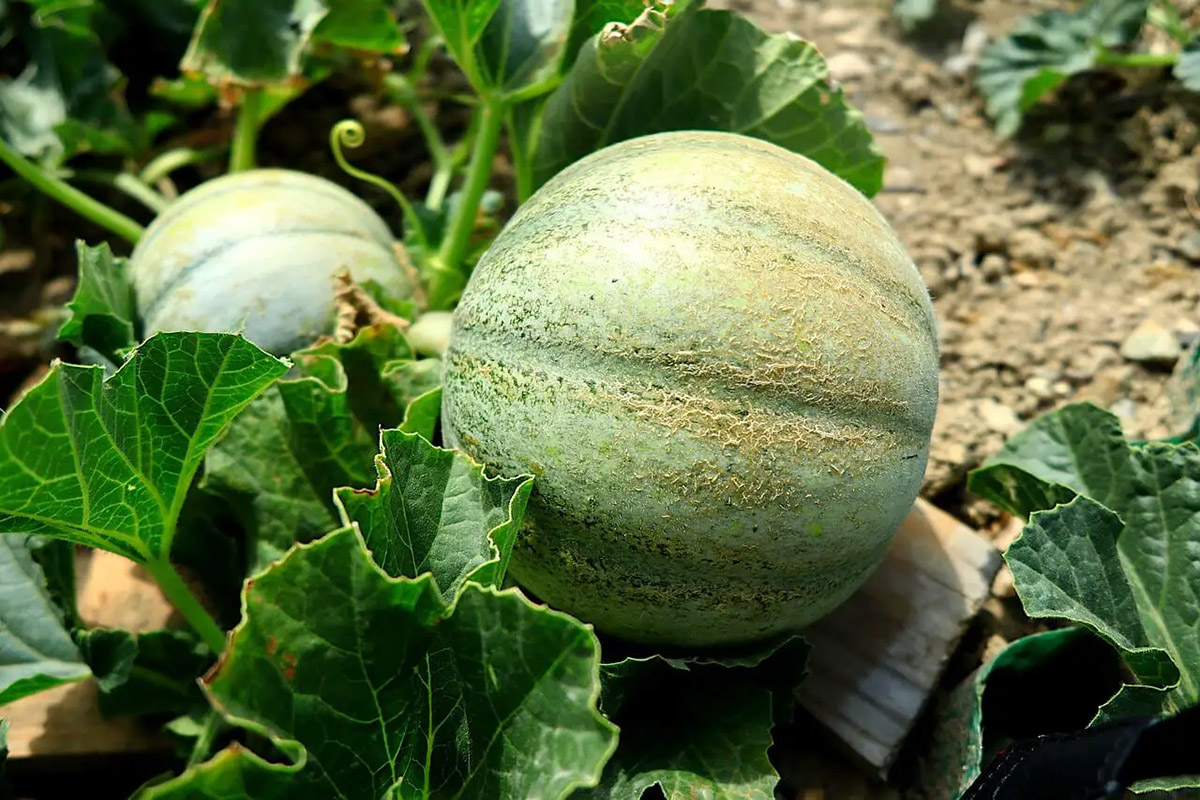
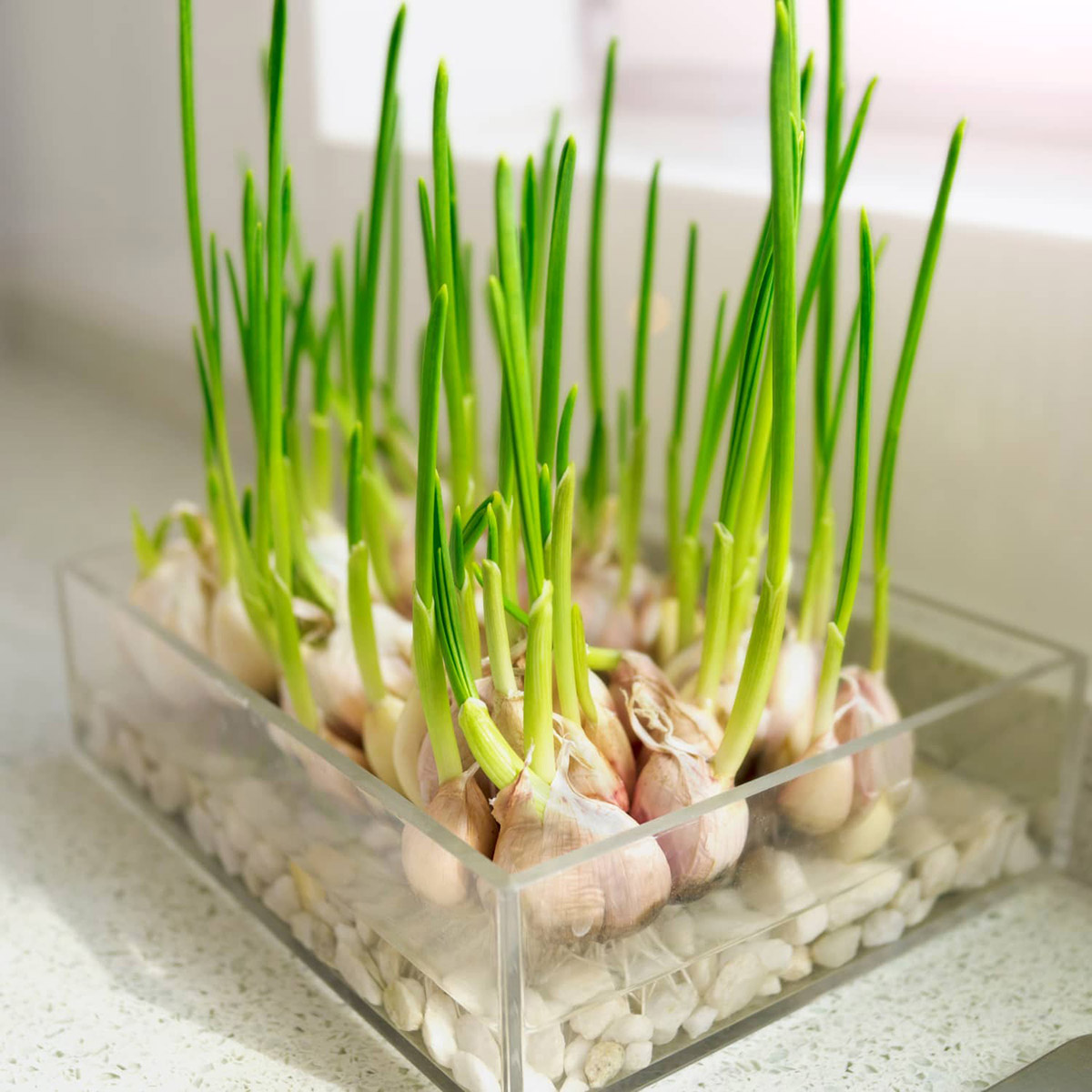

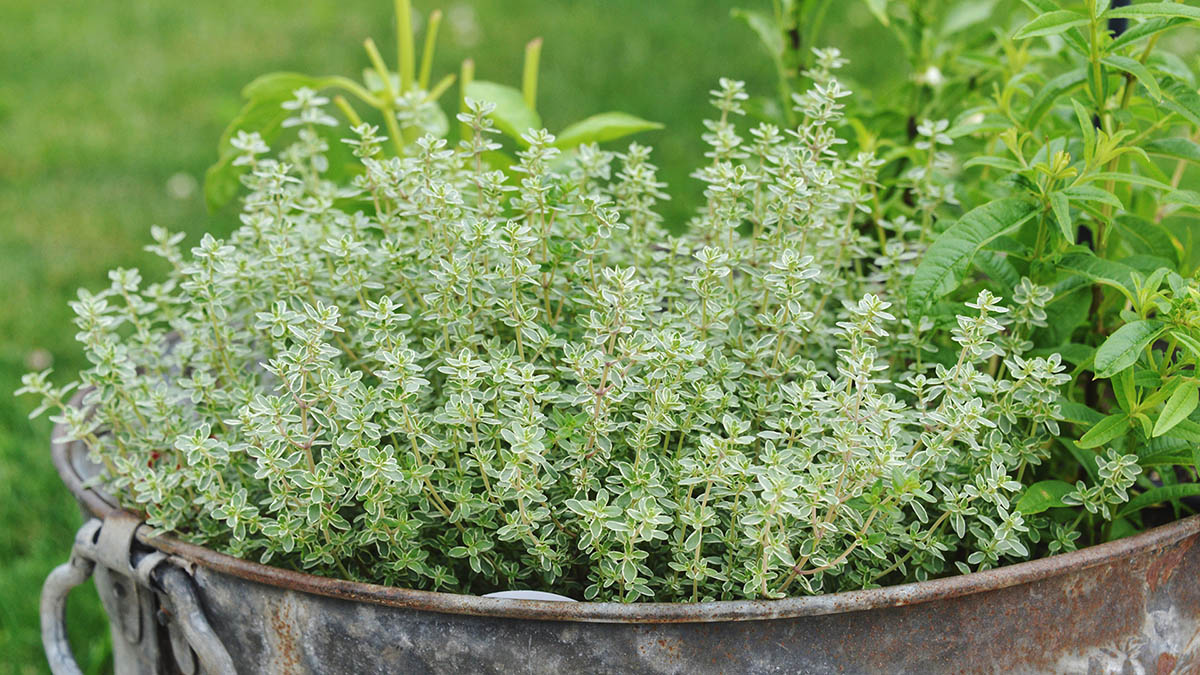
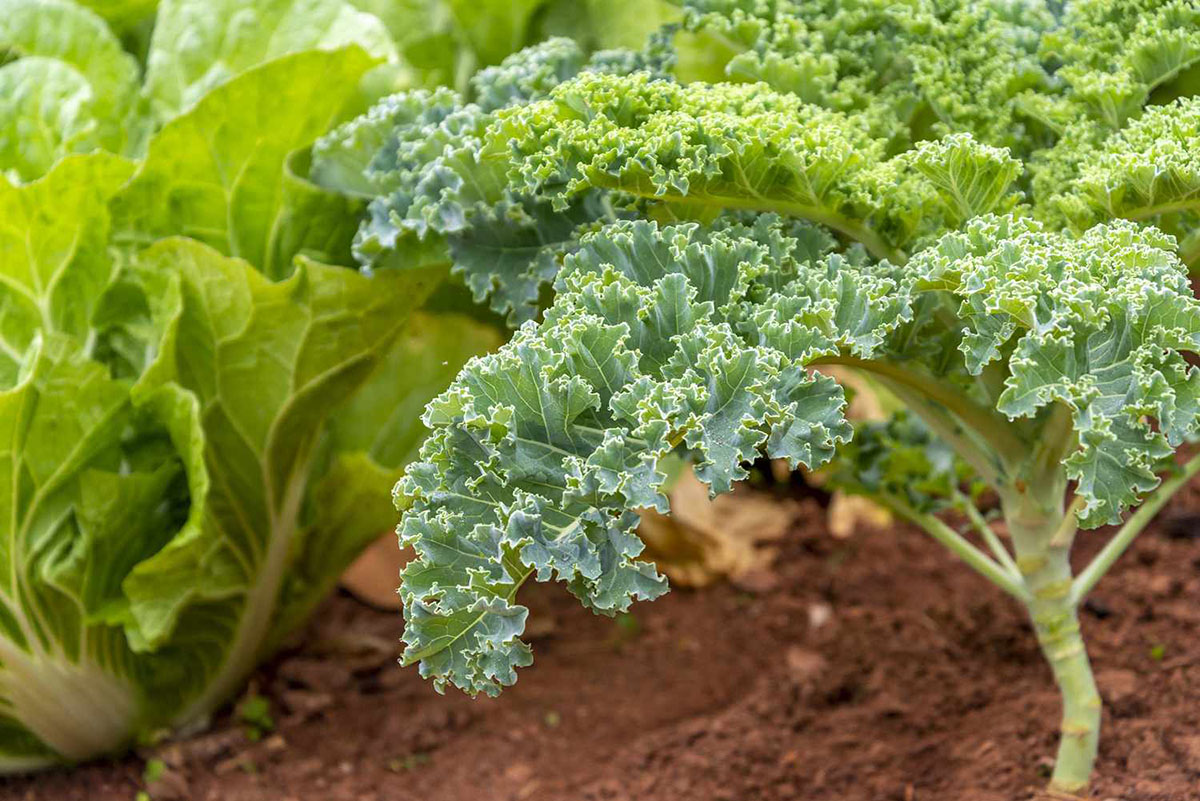

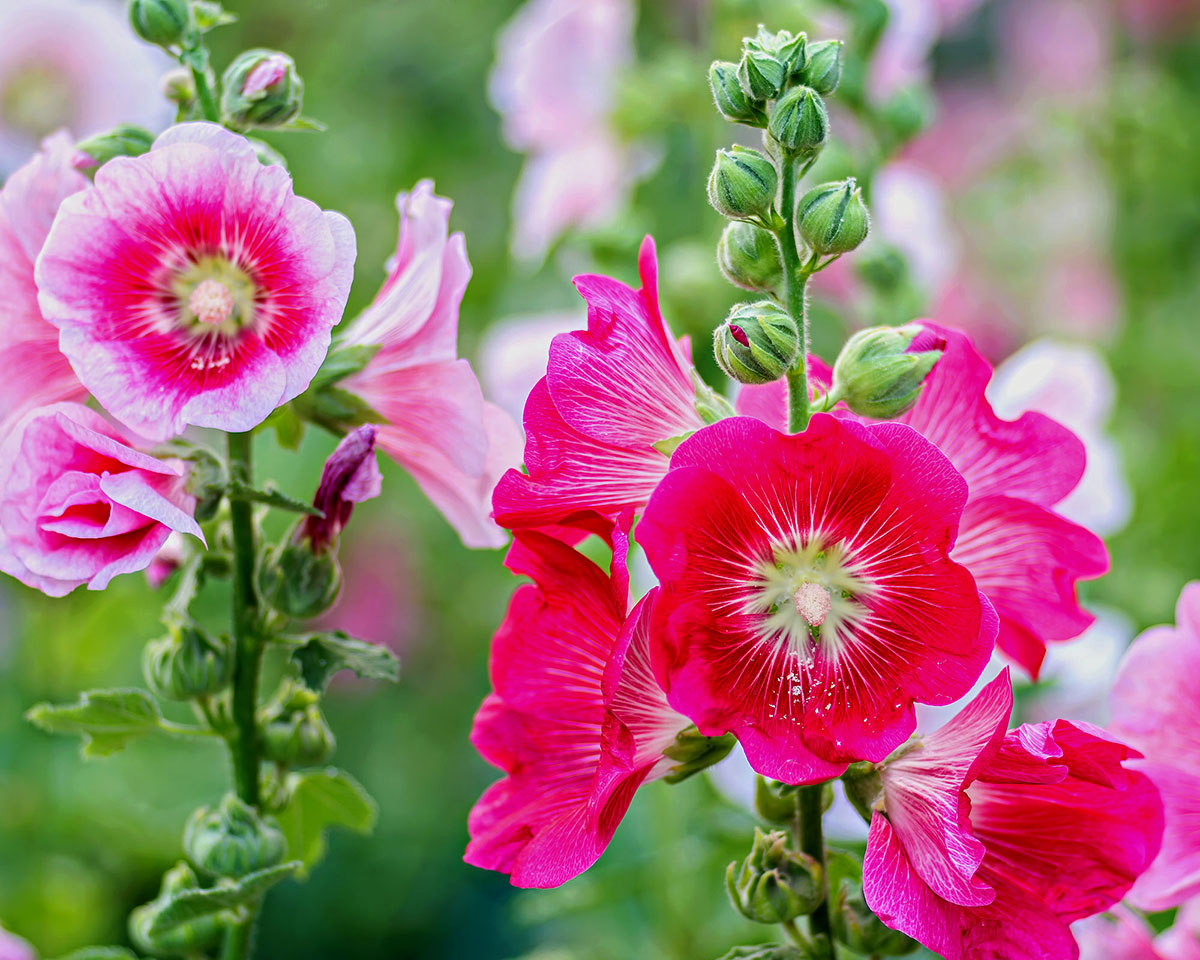


0 thoughts on “How Long Does It Take To Asparagus To Germinate”